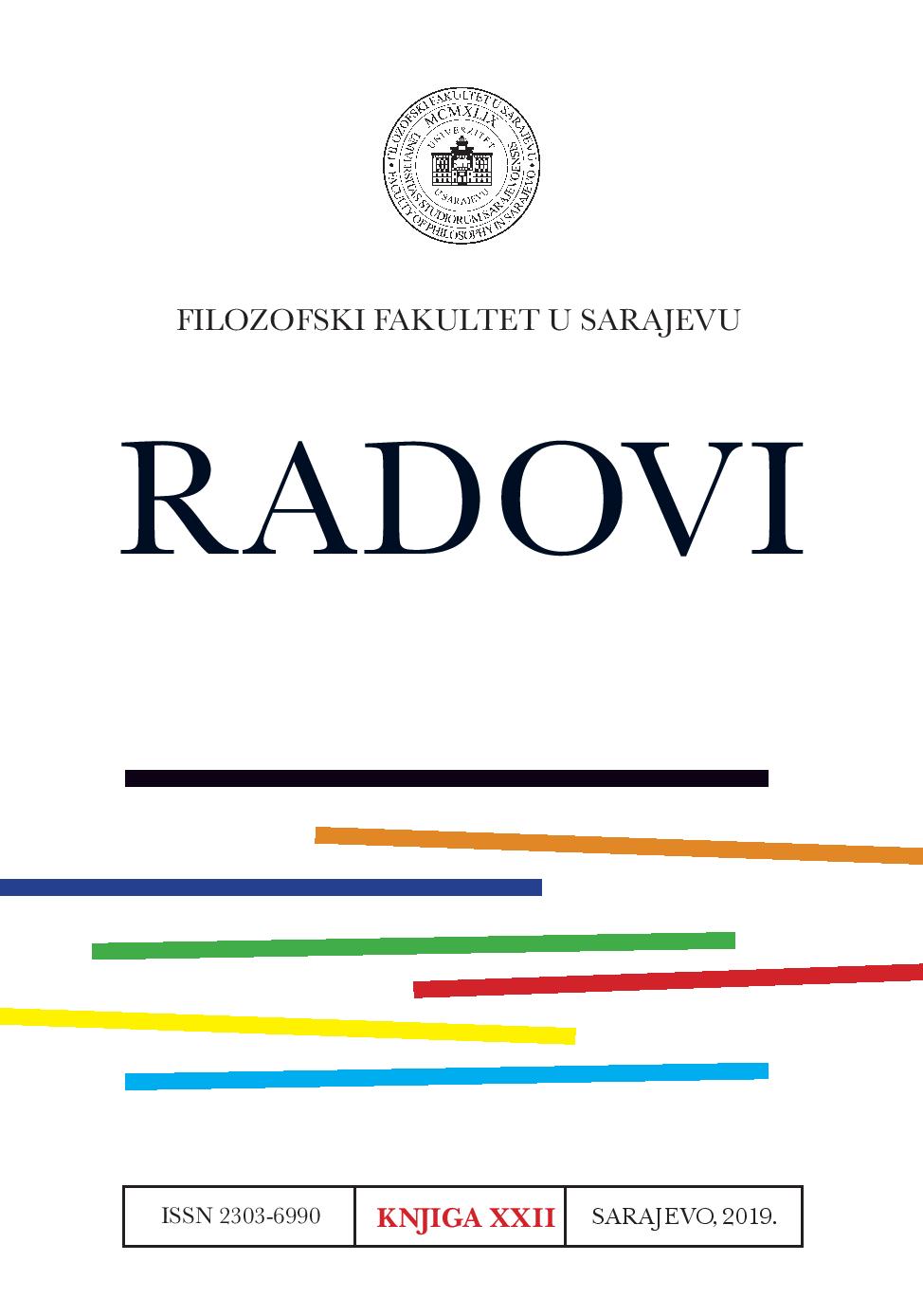PROBLEMI U POČETNOJ FAZI IZRADE BOSANSKO-NJEMAČKOG UNIVERZALNOG RJEČNIKA
PROBLEMS IN THE FIRST STAGE OF THE BOSNIAN-GERMAN UNIVERSAL DICTIONARY WRITING PROCESS
Author(s): Erminka Zilić, Minka Džanko, Sanela MešićSubject(s): Language studies, Foreign languages learning, Applied Linguistics, South Slavic Languages, Philology, Translation Studies
Published by: Filozofski fakultet Univerziteta u Sarajevu
Keywords: lexicography;Bosnian-German universal dictionary;adjectives;archaic word;false friend;
Summary/Abstract: The paper presents problems in the first stage of the first Bosnian-German universal dictionary writing process, which deals with the first six letters of the alphabet. The paper aims at establishing and offering solutions to problems that have occurred in the first stage of the dictionary writing process by applying lexicology, semantics, grammar and lexicographical practices to develope and harmonise its concrete structure and lexicographical data as early as possible. In this paper we have analysed the following problems: the translation of the Bosnian adjectives into the German language from the word-formation model point of view, the selection and reduction of archaic words with the initial letter “Č”, as well as the words of the same or similar expression in both languages but of different meanings (false friends). The analysis has shown that a large number of the Bosnian adjectives are not translated into German by equivalent adjectives that are derived from the noun base, but by combining of two nouns. For the selection and reduction of obsolete or less used words with the initial letter “Č”, we have developed several criteria, such as their presence in at least two Bosnian monolingual dictionaries, or the subjective criterion of the lexicographer and the examinees regarding the frequency and degree of the use of a particular archaic word with the initial letter “Č”, in the contemporary Bosnian language. We also found a common appearance of so-called false friends when it comes to internationalism in Bosnian and German. The analysis has shown that it is necessary to use monolingual dictionaries for each internationalism as well as additional electronic databases to determine the presence or absence of the semantic symmetry between the two words in these two languages.
Journal: Radovi Filozofskog fakulteta u Sarajevu
- Issue Year: 22/2019
- Issue No: 1
- Page Range: 13-34
- Page Count: 22
- Language: Bosnian

